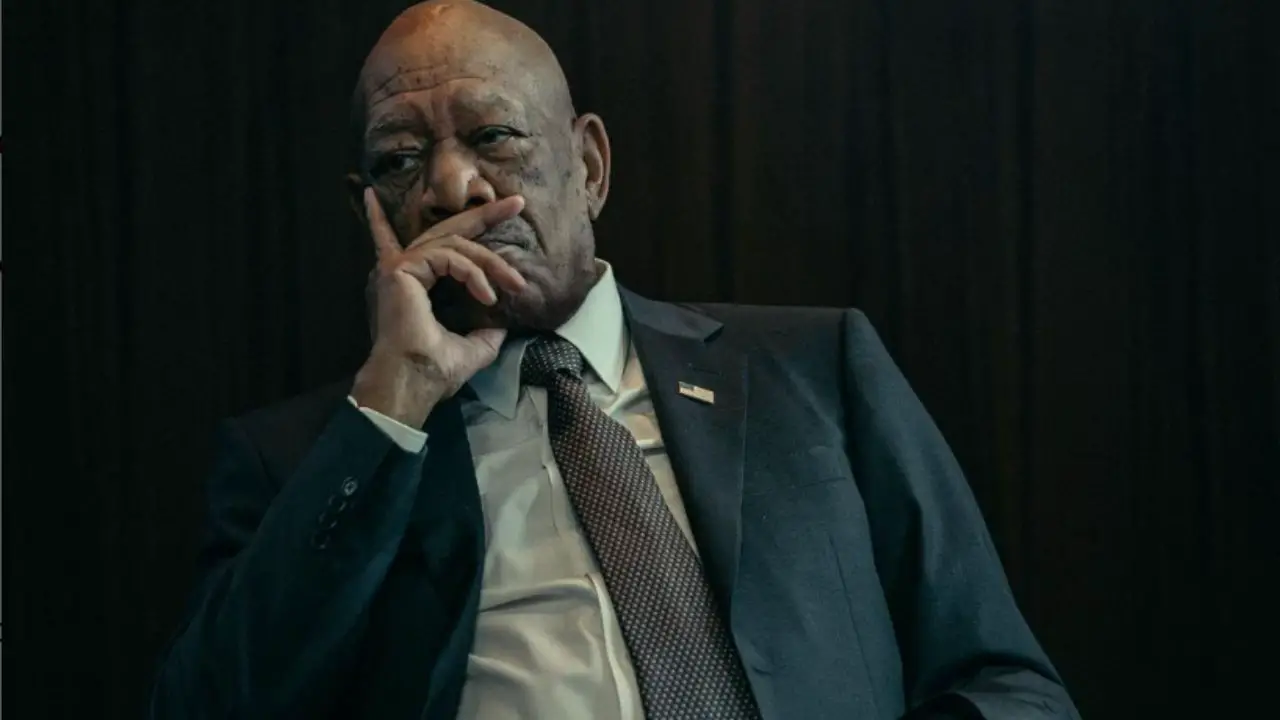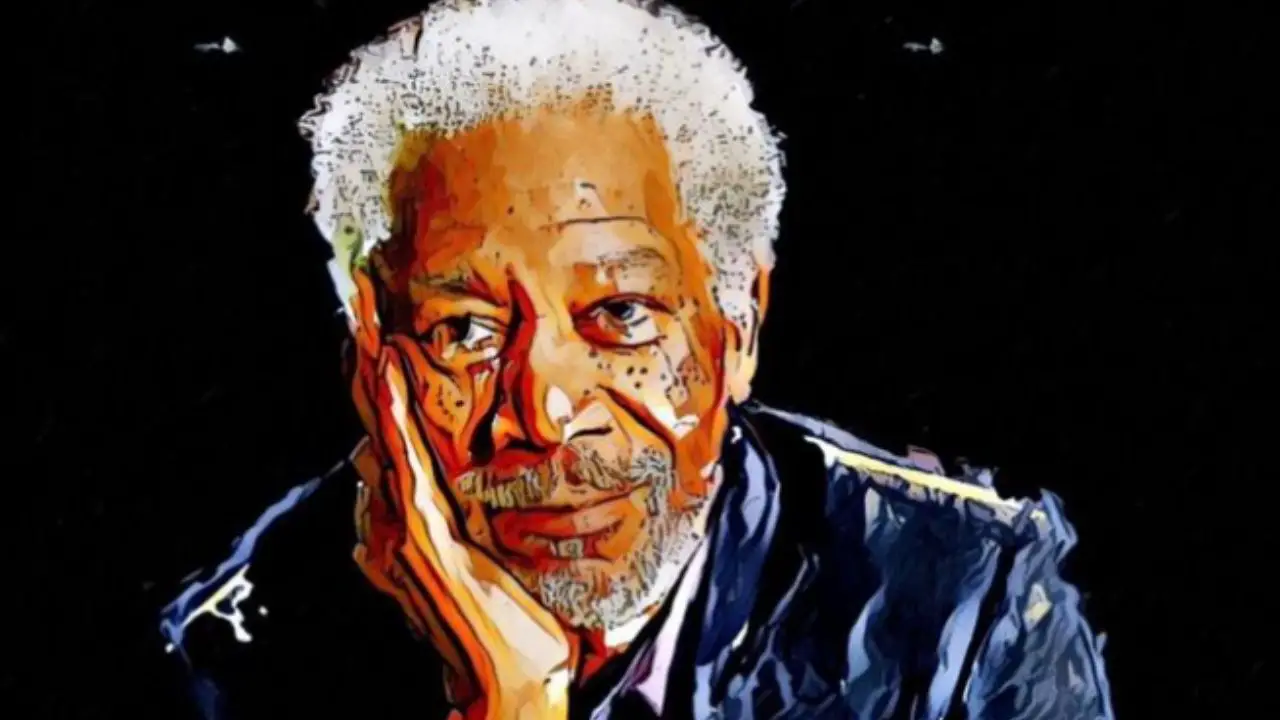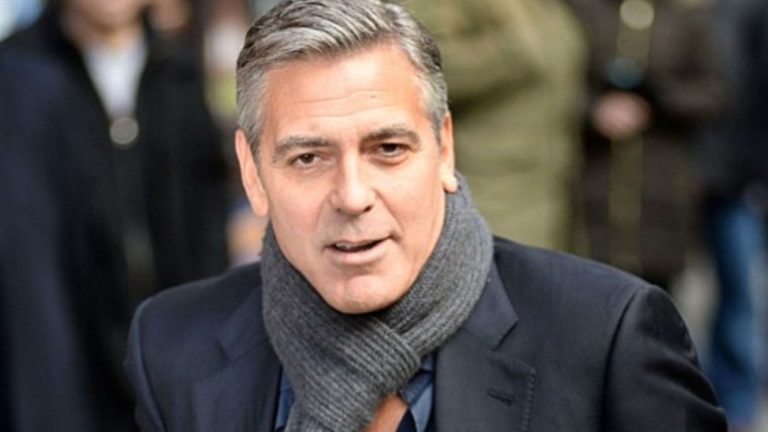Morgan Freeman’s Rise from Humble Beginnings to Fame

Morgan Freeman: A Cinematic Legacy of Strength, Fortitude, and Inspiration
Resilience, a passionate dedication to his art, and the insight he gives to every job characterize Morgan Freeman Freeman’s path, which is nothing short of incredible. Freeman has a voice as unique as his acting abilities, and his career reflects a quiet but unwavering enthusiasm that permeates every role. Born in Memphis, Tennessee, on June 1, 1937, Freeman grew up in a poor household with a teacher mother and a barber father. But these modest beginnings were just the beginning of a cinematic adventure that would change Hollywood.
The Transition from Stage to Screen
Morgan Freeman’s career began on the colorful stage rather than in Hollywood. He originally appeared in shows like Hello, Dolly! with an all-African American cast, which gave him a preview of the parts in which he would regularly excel. These performances demonstrated Morgan Freeman’s innate ability to captivate an audience and garner the attention that would eventually propel him to the big screen. He had made a name for himself in the theater industry by the 1970s, earning praise and building a solid reputation.
Making Determinate Decisions to Create a Respected Image
Morgan Freeman’s had a knack for playing plays that had an impact as he moved from theater to television and movies, playing roles that addressed both social and individual issues. His versatility as Mel Mounds and Easy Reader in The Electric Company prepared him for his portrayal of Malcolm X in Death of a Prophet. His decisions here reflected his conviction that roles should have depth and messages, a quality that has characterized his career for many years.

A Decade of Change: Legendary Status and Iconic Roles
The breakthrough Morgan Freeman needed to solidify his legacy arrived in the 1990s. His performances during this time proved pivotal, ranging from playing Hoke Colburn in Driving Miss Daisy to questioning the boundaries of justice in The Shawshank Redemption. Amistad, Unforgiven, and Se7en demonstrated a wide range—Freeman’s characters became as varied as the ideas they expressed. Freeman was a symbol of cinematic brilliance and dignity during this time, as he was positioned alongside Hollywood’s finest.
The Guide, the Mentor, and a Storytelling Power
Morgan Freeman’s career path took a new turn in his latter years when he started playing guiding roles. Notable examples of this include his portrayal of “God” in Bruce Almighty and his iconic performance as Lucius Fox in The Dark Knight trilogy. His presence gave each scene a sense of gravity. Morgan Freeman also became a common narrator, and movies like War of the Worlds benefited greatly from his strong voice. His capacity for motivation became ingrained in his on-screen presence, establishing him as a contemporary symbol of fortitude and guidance.
Difficulties Outside the Public Eye
Morgan Freeman’s tenacity outside of the movie industry is what makes him even more amazing. He sustained lasting damage in a serious vehicle accident in 2008, yet his spirit has not wavered. He exhibits a wisdom as deep as the characters he plays in interviews, revealing a life devoted to philanthropy, meditation, and personal development. Fans and the industry alike are impacted by Morgan Freeman’s life off-screen, which reflects the same tenacity he exhibits on-screen.
Follow us on Instagram and X (Formerly Twitter)
For the latest posts visit The Celebrity Gossips






